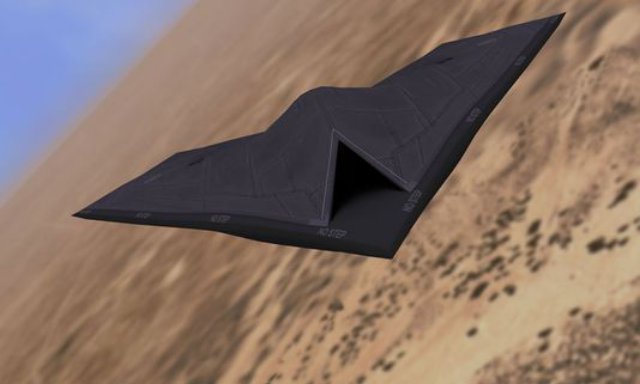The UK’s BAE Systems Taranis unmanned combat air vehicle (UCAV) demonstrator will carry out a third phase of flight tests towards the end of the year, the Ministry of Defence has revealed.
The test programme had gone quiet after two phases of testing in Woomera in Australia, but it will now continue for one more phase to develop technology that could be incorporated into a future combat air system. Details of what will be tested in this third phase remain unknown.
Sqn Ldr Archie Brown, of the unmanned air system team at the Ministry of Defence, told the Royal Aeronautical Society’s president’s conference that while the third phase of testing had been planned, the possibility of a fourth phase and any plans after that have not been determined.
“When we have these results [from phase 3], we will assess the feasibility of any further work, but that decision hasn’t been made yet,” Brown says.
Taranis began under a four-year £202 million programme in 2006, with a first flight taking place in August 2013.
The industrial partners involved in Taranis, including prime BAE Systems, have lent the skills they developed to the Anglo-French Future Combat Air System programme that is underway.
A team of six companies are some 12 months into a two-year feasibility study to assess the requirements for a future combat aircraft.
“The first year is nearly complete and we are assessing data collected by the six partners to downselect to one [aircraft] design, and that downselect will be made in the next month,” Brown says.
Brown adds that the MoD’s involvement in these efforts does not mean that the future of air combat will necessarily just be unmanned combat air vehicles.
“If the UK were to make a decision to acquire a UCAV, it would be part of a force mix,” he says. The FCAS effort is focused on unmanned because “it’s the area we understand the least, so therefore it makes sense to concentrate on technology development in that area”.
Source: Flightglobal

